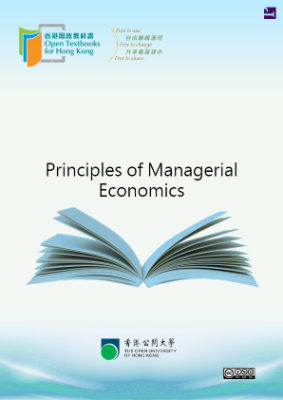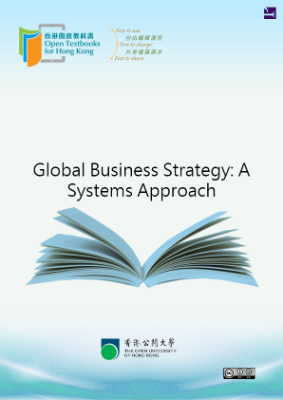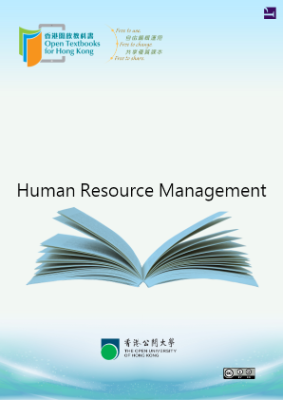What Is Managerial Economics?
One standard definition for economics is the study of the production, distribution, and consumption of goods and services. A second definition is the study of choice related to the allocation of scarce resources. The first definition indicates that economics includes any business, nonprofit organization, or administrative unit. The second definition establishes that economics is at the core of what managers of these organizations do. This book presents economic concepts and principles from the perspective of “managerial economics,” which is a subfield of economics that places special emphasis on the choice aspect in the second definition. The purpose of managerial economics is to provide economic terminology and reasoning for the improvement of managerial decisions. Most readers will be familiar with two different conceptual approaches to the study of economics: microeconomics and macroeconomics. Microeconomics studies phenomena related to goods and services from the perspective of individual decision-making entities—that is, households and businesses. Macroeconomics approaches the same phenomena at an aggregate level, for example, the total consumption and production of a region. Microeconomics and macroeconomics each have their merits. The microeconomic approach is essential for understanding the behavior of atomic entities in an economy. However, understanding the systematic interaction of the many households and businesses would be too complex to derive from descriptions of the individual units. The macroeconomic approach provides measures and theories to understand the overall systematic behavior of an economy. Since the purpose of managerial economics is to apply economics for the improvement of managerial decisions in an organization, most of the subject material in managerial economics has a microeconomic focus. However, since managers must consider the state of their environment in making decisions and the environment includes the overall economy, an understanding of how to interpret and forecast macroeconomic measures is useful in making managerial decisions.
Why Managerial Economics Is Relevant for Managers
In a civilized society, we rely on others in the society to produce and distribute nearly all the goods and services we need. However, the sources of those goods and services are usually not other individuals but organizations created for the explicit purpose of producing and distributing goods and services. Nearly every organization in our 1 society—whether it is a business, nonprofit entity, or governmental unit—can be viewed as providing a set of goods, services, or both. The responsibility for overseeing and making decisions for these organizations is the role of executives and managers. Most readers will readily acknowledge that the subject matter of economics applies to their organizations and to their roles as managers. However, some readers may question whether their own understanding of economics is essential, just as they may recognize that physical sciences like chemistry and physics are at work in their lives but have determined they can function successfully without a deep understanding of those subjects. Whether or not the readers are skeptical about the need to study and understand economics per se, most will recognize the value of studying applied business disciplines like marketing, production/operations management, finance, and business strategy. These subjects form the core of the curriculum for most academic business and management programs, and most managers can readily describe their role in their organization in terms of one or more of these applied subjects. A careful examination of the literature for any of these subjects will reveal that economics provides key terminology and a theoretical foundation. Although we can apply techniques from marketing, production/operations management, and finance without understanding the underlying economics, anyone who wants to understand the why and how behind the technique needs to appreciate the economic rationale for the technique. We live in a world with scarce resources, which is why economics is a practical science. We cannot have everything we want. Further, others want the same scarce resources we want.
Organizations that provide goods and services will survive and thrive only if they meet the needs for which they were created and do so effectively. Since the organization’s customers also have limited resources, they will not allocate their scarce resources to acquire something of little or no value. And even if the goods or services are of value, when another organization can meet the same need with a more favorable exchange for the customer, the customer will shift to the other supplier. Put another way, the organization must create value for their customers, which is the difference between what they acquire and what they produce. The thesis of this book is that those managers who understand economics have a competitive advantage in creating value.











